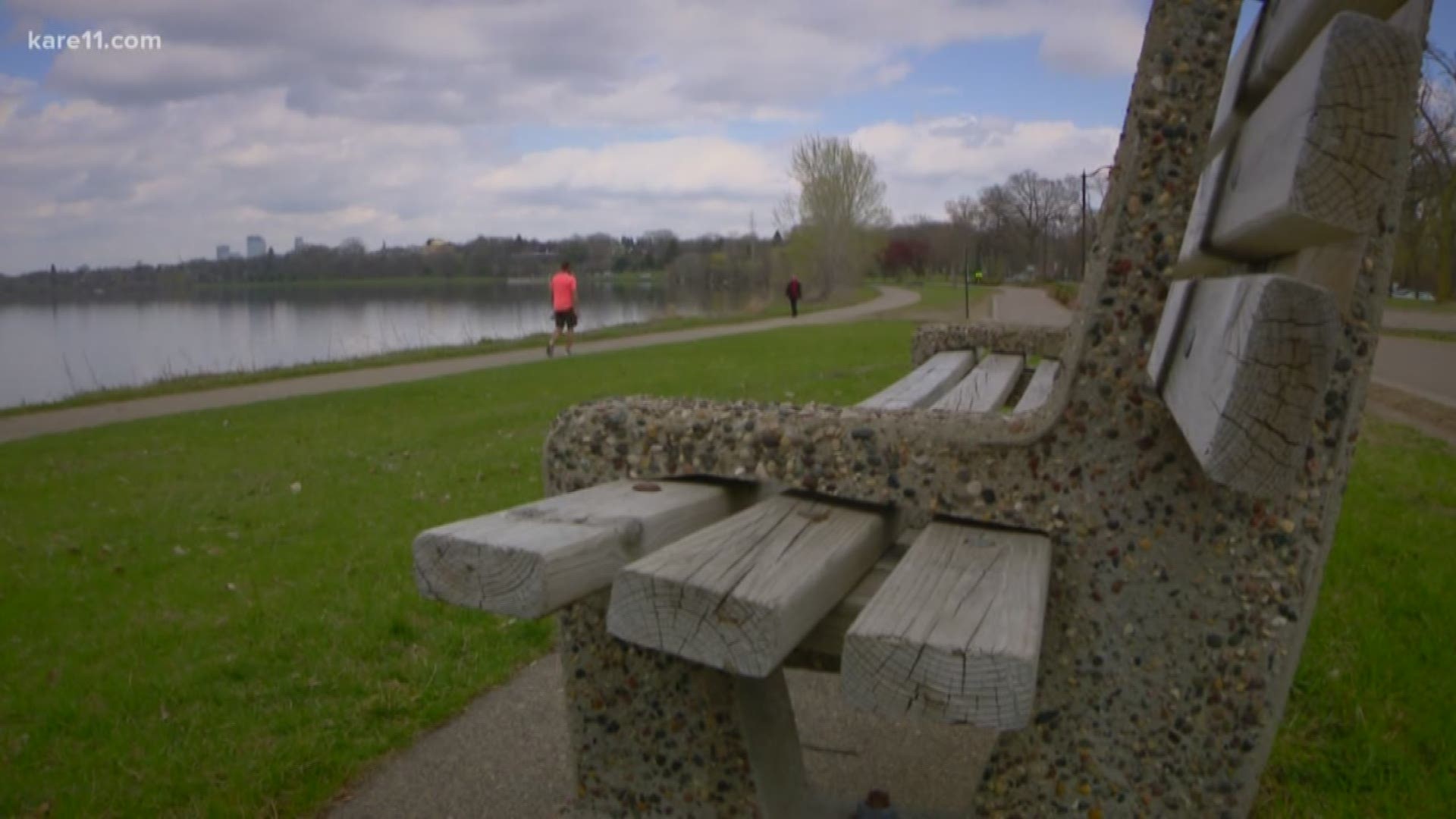ST PAUL, Minn. — We name everything.
Babies. Streets. Neighborhoods. Buildings. And lakes.
The controversy over Bde Maka Ska continues. Monday, the Court of Appeals ruled that the DNR didn't have the authority to change the name from Lake Calhoun. Tuesday, lawmakers tried to get an amendment passed to keep Bde Maka Ska. Tuesday, a proposal to rename one of five state parks on the St. Croix River after former Vice President Walter Mondale was dropped.
But what is in a name? Yohuru Williams is a professor of history and dean of the College of Arts and Sciences at the University of St. Thomas. He said names define people in their environments.
His first name means freedom.
“My name connects me to my cultural heritage. To rob me of my name in a lot of ways would be to rob me of my identity,” he said. “At the same time, when we talk about shared space, those names become equally important because they have to have a meeting for all or partaking in that space. They should be affirmative of everyone who uses them.”
He's watched the debate linked to changing the name of Lake Calhoun, and buildings at the University of Minnesota. He says changing names is a slippery slope and difficult to navigate. He says communities at various times should have a right to define themselves.
“It's going to be very hard because ultimately, at the end of the day, this is a question about historical consciousness and a question of politics,” he said. "Politics ultimately decides who gets what, and if those who want to rename the lake win then it's going to feel like a loss for those and feel like it's like a significance for them.”
Williams wishes there was a metric system in place to determine what history is preserved.
“It's not a question of should everything be changed, but you should think about the kind of big pieces in how you can affirm and recognize that history,” he said. “There is a desire to maintain a history or connection to a specific place that may not be politically charged or historically charged for one group, but it is for another. There are other ways to do that, placards or memorials that commemorate the name change and commemorate that space for both groups who are coming there want to utilize it. But ultimately it is facing our history that is governing a lot of this conversation.”

